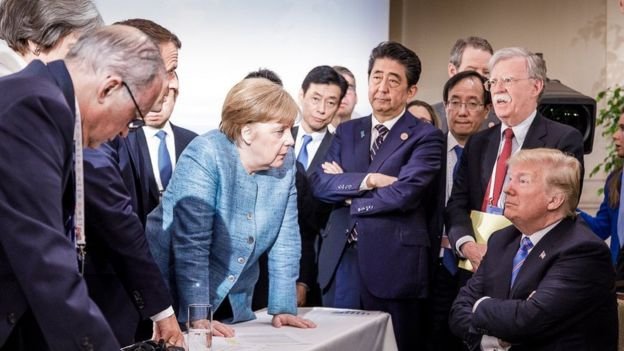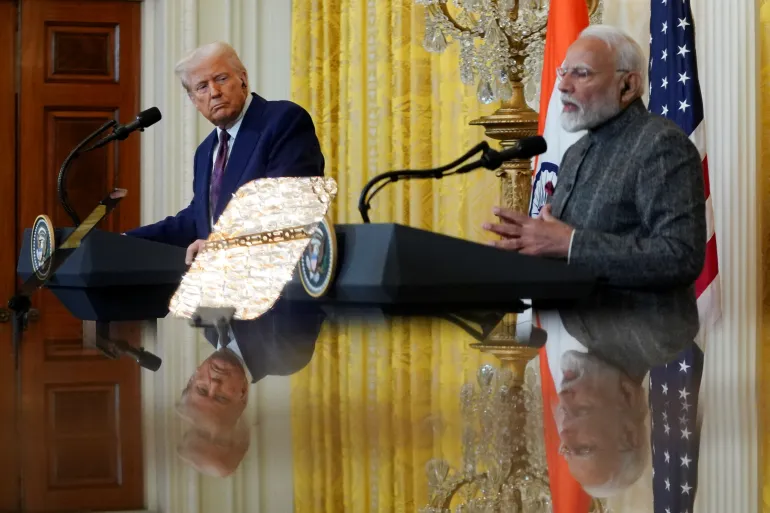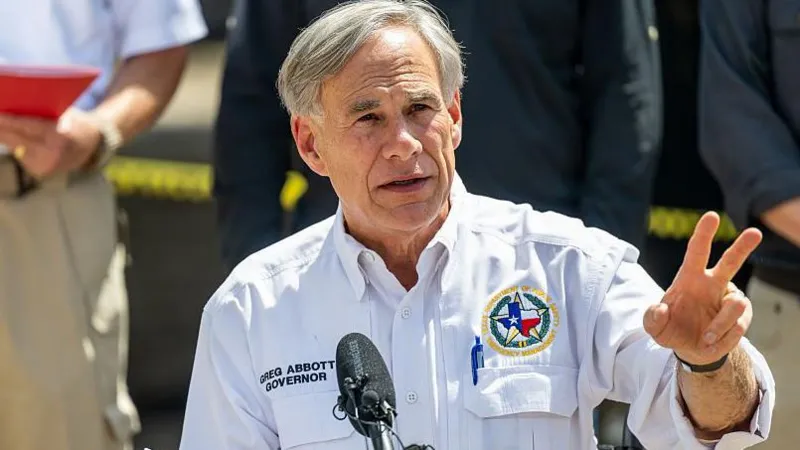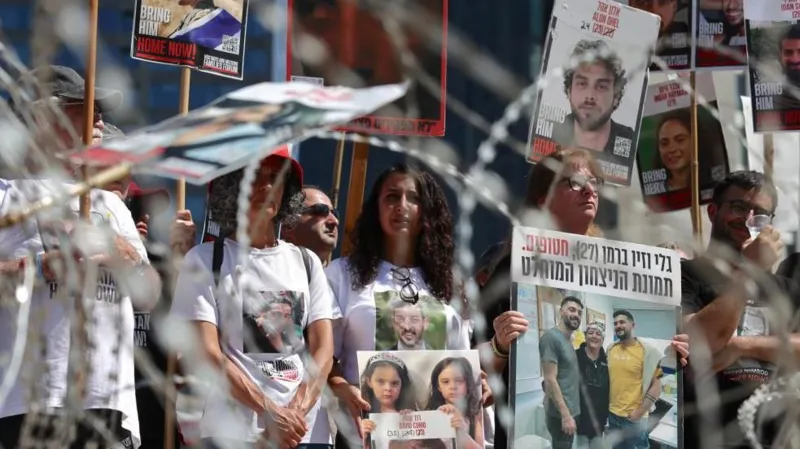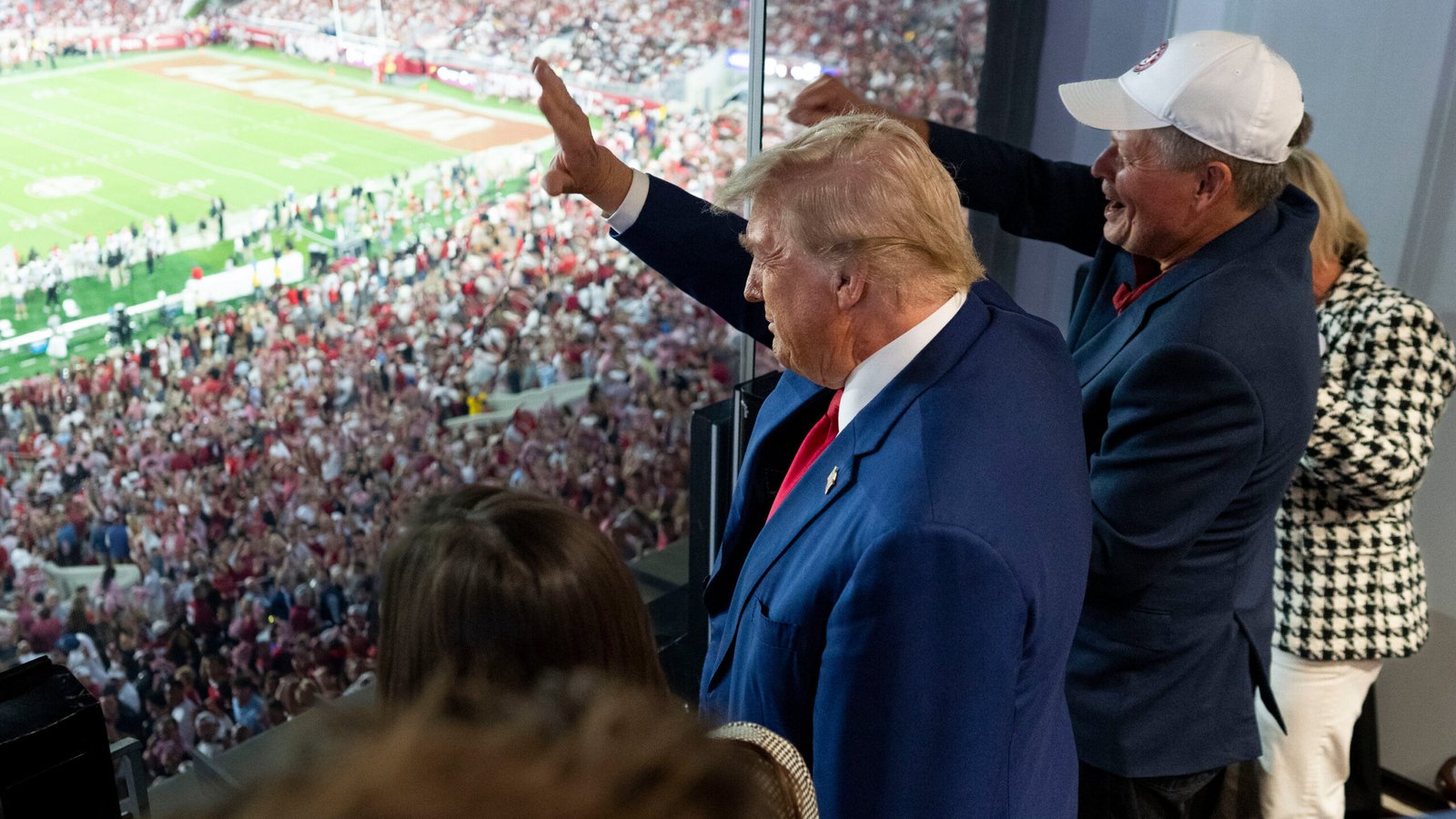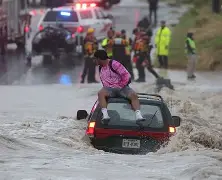In a move aimed at de-escalating transatlantic trade tensions, the European Union announced on Monday that it will postpone the imposition of retaliatory tariffs on American goods for six months. The decision follows a trade agreement reached in late July between European Commission President Ursula von der Leyen and U.S. President Donald Trump, signaling a renewed effort to stabilize and repair strained EU-U.S. economic relations.
The retaliatory tariffs, originally scheduled to take effect on Thursday, August 7 have now been suspended until at least March. The European Commission confirmed the decision, stating it would give both sides adequate time to implement the political and economic provisions outlined in the new agreement. This temporary pause aims to prevent further escalation in a trade dispute that had threatened to disrupt billions of dollars in commerce between the world’s two largest economies.
Under the terms of the deal reached on July 27, a 15% tariff will be applied to most goods imported from the European Union into the United States. Although key European exports such as car parts and alcoholic beverages like wine and spirits were not granted exemptions under the initial agreement an omission that Brussels had lobbied hard to avoid the deal is being cautiously welcomed by stakeholders on both sides for bringing much-needed predictability to transatlantic trade flows.
“This political agreement restores stability and predictability for citizens and businesses on both sides of the Atlantic,” said Olof Gill, spokesperson for the European Commission on trade, in a statement to CBS News. The Commission emphasized that the suspension of countermeasures will provide room to finalize legal and procedural aspects of the agreement and to clarify unresolved areas, including sector-specific exemptions and long-term tariff frameworks.
The pause in retaliatory action officially begins Tuesday, as confirmed by Commission officials. The European Union had previously drawn up a list of U.S. products that were to face higher tariffs in response to what it viewed as unfair trade practices and one-sided tariff increases by the Trump administration. The now-delayed countermeasures were a part of the EU’s broader strategy to defend European industries while avoiding a full-blown trade war with Washington.
Analysts say the six-month delay represents a critical window for both sides to build trust and find compromises on sensitive trade issues. The deal also comes amid growing concerns about inflationary pressures in both the U.S. and EU markets, and the possibility of further disruptions to global supply chains. By averting another round of tariff hikes, the agreement could help stabilize consumer prices and provide businesses with greater certainty as they plan for the year ahead.
While the EU still hopes to secure exemptions for industries most vulnerable to the new U.S. tariffs, the current pause indicates a broader willingness to negotiate in good faith. Brussels and Washington are expected to hold further technical and diplomatic talks in the coming weeks to work out remaining details of the deal, including potential revisions to tariff structures and future dispute resolution mechanisms.
This latest development marks a significant shift in tone from the past two years, which were characterized by rising protectionist rhetoric and tit-for-tat tariffs. With the EU now signaling openness to compromise and the U.S. showing signs of recalibrating its approach to global trade, experts believe the agreement could lay the groundwork for a new era of cooperation between the two economic giants.
The next few months will be pivotal in determining whether the temporary tariff suspension transforms into a lasting solutionor merely delays another round of trade tensions.
